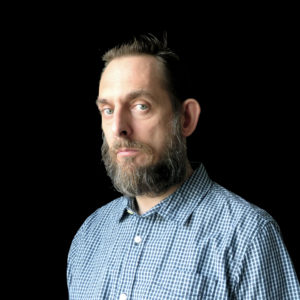 “What if all the world you think you know
“What if all the world you think you know
Is an elaborate dream?”
Becoming conscious – what does that mean?
You wake up, take a shower, eat something, drink a coffee and go to work. You may have a family, friends, hobbies, issues and even some kind of purpose. Your life may not be perfect, but this is your life. You have your hopes and dreams, you have your fears, secret desires and you certainly have an idea about the world we live in. You may believe in God, in more than one God, or you may believe in science. Or maybe you do not believe in anything because definitively there is this option too on the table.
As I said, you wake up, eat, drink, work, have sex, sleep and repeat. What exactly is the purpose? What am I missing?
Make money, make more money, have your own house, have two houses, three castles in Europe, one exotic island, one hundred cars, your private jet plane, own a football team, be a rock star, whatever. Wake up, eat, drink, work, have sex, sleep and repeat.
It is really the life of a human being, or this is the “life” of a machine?
In 1999 the world was introduced in the alternative reality of “The Matrix.” It is a science fiction film written and directed by The Wachowskis and starring Keanu Reeves, Laurence Fishburne, Carrie-Anne Moss, Hugo Weaving, and Joe Pantoliano.
Long story short, Matrix is a shared simulation of the world, in which the minds of the humans are trapped.
Common to many science fiction stories, the brain in a vat outlines a scenario in which a mad scientist, machine, demon, or other entities might remove a person’s brain from the body, suspend it in a vat of life-sustaining liquid, and connect its neurons by wires to a supercomputer which would then be simulating reality and the brain would continue to have perfectly normal conscious experiences.
The brain in a vat gives and receives the same impulses as it would if the brain were in a skull, and since these are its only way of interacting with its environment, then it is not possible to tell, from the perspective of the brain, whether it is in a skull or a vat. Someone cannot know whether most of one’s beliefs might be true or completely false.
The brain in a vat is a contemporary version of Plato’s Allegory of the Cave.
Plato describes a group of people who have lived chained to the wall of a cave all of their entire lives, facing a blank wall. The people watch shadows projected on the wall from objects passing in front of a fire behind them. The shadows are the prisoners’ reality because they have never seen anything else. The prisoners of this place do not even desire to leave their prison, for they know no better life.
Allegorically, the chains represent ignorance, while the shadows cast on the wall represent what people see in the present world.
In 2003, Swedish philosopher Nick Bostrom proposed a trilemma that he called “the simulation argument”.
The simulation hypothesis proposes that all of reality, including the earth and the universe, is, in fact, an artificial simulation, most likely a computer simulation. Some versions rely on the development of a simulated reality, a proposed technology that would seem realistic enough to convince its inhabitants the simulation was real.
Think of the life in a simulated reality as of Minecraft, the popular 3D sandbox game. Sandbox games generally employ an open world setting. The game world is virtually infinite and procedurally generated as players explore it. Minecraft has no specific goals to accomplish, allowing players a large amount of freedom in choosing how to play the game. Sounds familiar? Living in a free world driven by our free will.
Humans are creatures of habits and prisoners of the shadows.
My extensive esoteric studies, almost thirty years of research and practice, get me to the conclusion that many of the things we believe true are nothing but “shadows.”
There are two things which bother me. The fact that we “believe” and the fact that in order to see shadows, someone has to generate shadows.
Believe is an exclusively emotional function and option. The main issue is that the emotional functions replaced almost completely our cognitive functions. Believing in angels, demons, spirits may seem primitive, but believing in science is not different. I have learned that if somebody seriously starts digging into any particular subject will pretty soon find out that nothing is so definitive and beyond any reasonable doubt.
A couple of years ago I spent my summer reading books on physics and astronomy. Having my reasonable reserves regarding the traditional geocentric, Ptolemaic model I was looking for a viable alternative, something based on facts and not on appearance – the shadows on the wall. I was interested in learning about the universe and especially about space and time. One of my favourite authors in the field is Brian Greene. Greene has become known to a wider audience through his books for the general public, The Elegant Universe, The Fabric of the Cosmos, The Hidden Reality, Icarus at the Edge of Time, and due to the related PBS television specials. These books introduced me to an alternative reality, something different than the one I used to know and I thought is the only, true, scientific reality based on facts and thousands of hours of laboratory experiments.
My point is, most of the things I learned recently contradict fundamentally most of the things I have learned in the school. However, my son learns the same things as my generation did half a century ago. Changing something in the scientific field is hard to impossible as it was changing the religious dogma five thousand years ago. Science became a religion; it is rigid, dogmatic and unwilling to change and evolve, nor to admit when it is fundamentally mistaken. Instead of priests and bishops, we have scientists and PhDs who only accept their version of the truth and their projection of reality, and they will defend it no matter what. Everything else – and everybody else – is labelled and discredited. They do not call it heretical anymore but fringe or conspirational. People have not burnt at stake any more but mocked and marginalised.
In one way or another, we are educated and “cultivated” in specific directions according to these religious and scientific norms. It is not something that began today, but it has lasted for centuries. We have been taught to learn mechanically, to memorise instead of understanding. Once we have memorised something, we believe that we know and understand it. To the things we do not understand we give names and then we think we know them. We believe we know the shadows but exactly like the prisoners in the cave, we have never seen what is behind the shadows. We are educated according to specific religious, moral and social standards. We are cultivated in conformity with specific physical, emotional and mental patterns. Subsequently, we will only be capable of evolving, feeling and thinking inside those boxes – copying the shadows on the wall. We are cultivated to become emotional and to “think” and make decisions exclusively on emotional grounds because on the emotional level we are the most vulnerable and we can be easily manipulated.
Truth never seems further away than it is today. Technological development and social media have facilitated mass surveillance and manipulation.
However, changing people’s mentalities and convictions is the greatest challenge.
The shadows they know and they get used to are always better than the blinding light of the sun they never know.
(Excerpt from the book “The Unified Esoteric Tarot Handbook – Volume One, A general introduction to Tarot, The Fourth Way, Astrology, Numerology, Kabbalah and Alchemy” by Attila Blága. Full or partial use of this text for commercial or non-commercial distribution by any means whatsoever is strictly prohibited unless expressly authorised by the author.)
“See the animal in his cage that you built
Are you sure what side you’re on?
Better not look him too closely in the eye
Are you sure what side of the glass you are on?
See the safety of the life you have built
Everything where it belongs
Feel the hollowness inside of your heart
And it’s all right where it belongs
What if everything around you
Isn’t quite as it seems?
What if all the world you think you know
Is an elaborate dream?
And if you look at your reflection
Is it all you want it to be?
What if you could look right through the cracks
Would you find yourself find yourself afraid to see?
What if all the world’s inside of your head?
Just creations of your own
Your devils and your gods all the living and the dead
And you really oughta know
You can live in this illusion
You can choose to believe
You keep looking but you can’t find the ones
Are you hiding in the trees?”
(Nine Inch Nails – Right Where It Belongs, from the album With Teeth, 2005)


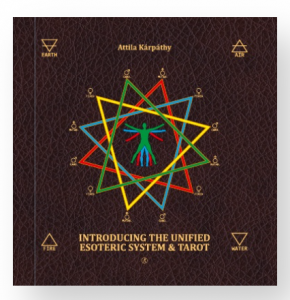
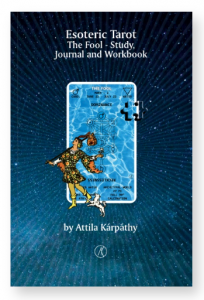
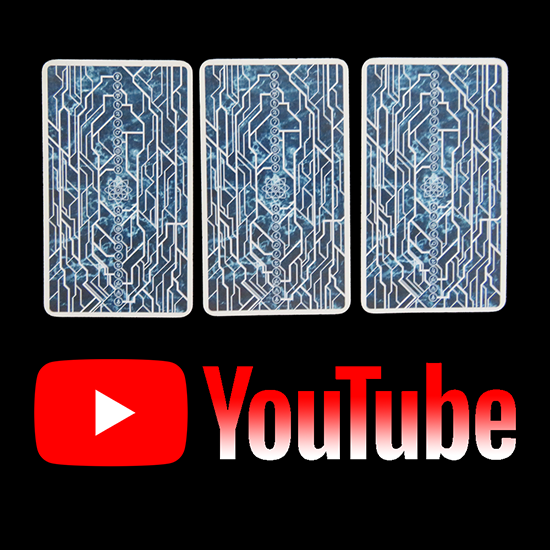

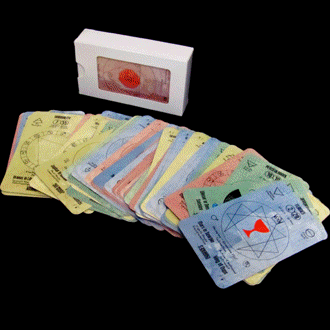
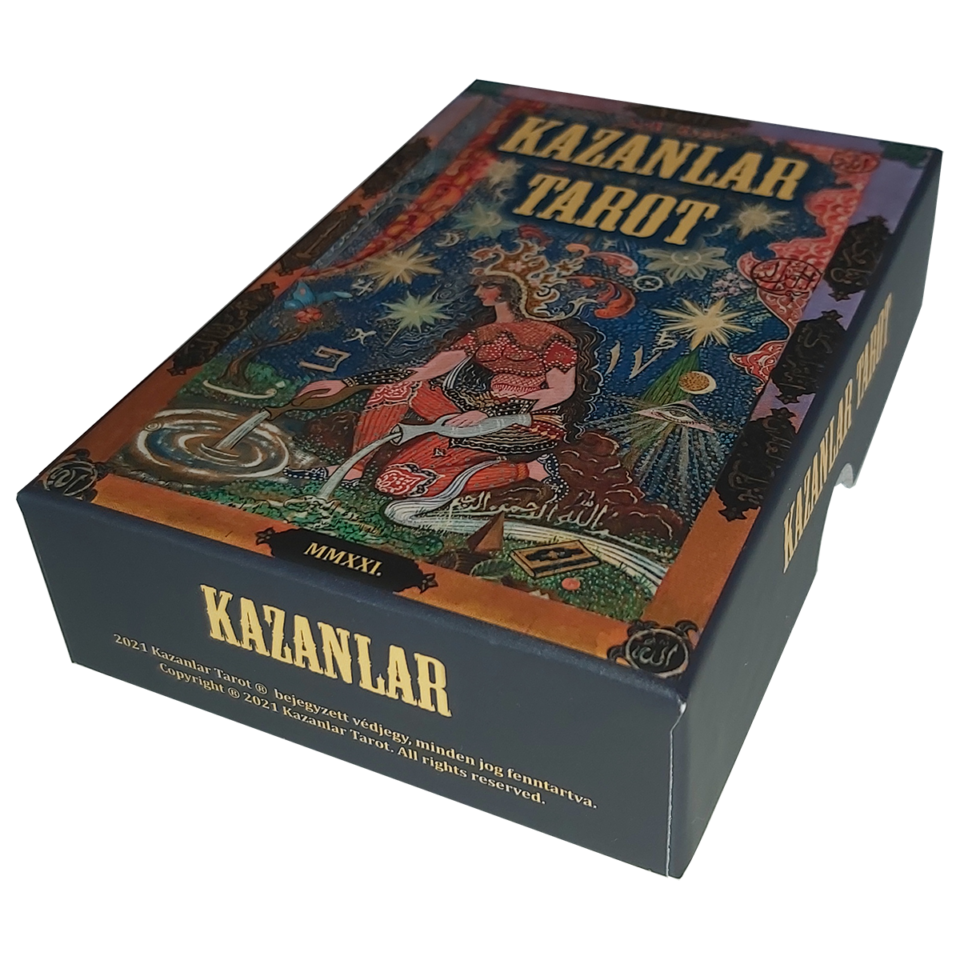
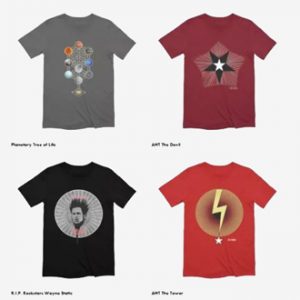
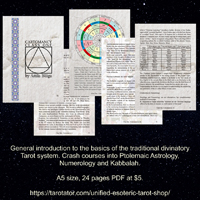
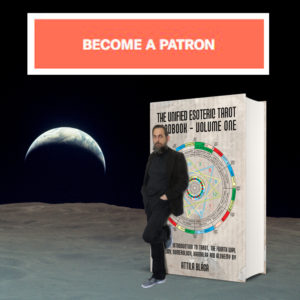
Enjoyed reading this very much (and I also enjoy NIN) Look forward to reading more of your posts. Perhaps I will discover why we are here.
Thank you very much, glad you like it.
However, this is only a very small fragment from my book.
It is not why we are here the adequate question, but why you are here. Humanity does not have a common purpose so far because on the individual level we are not enough evolved. We need to focus on ourselves first.
Have a great day, best regards!
Attila